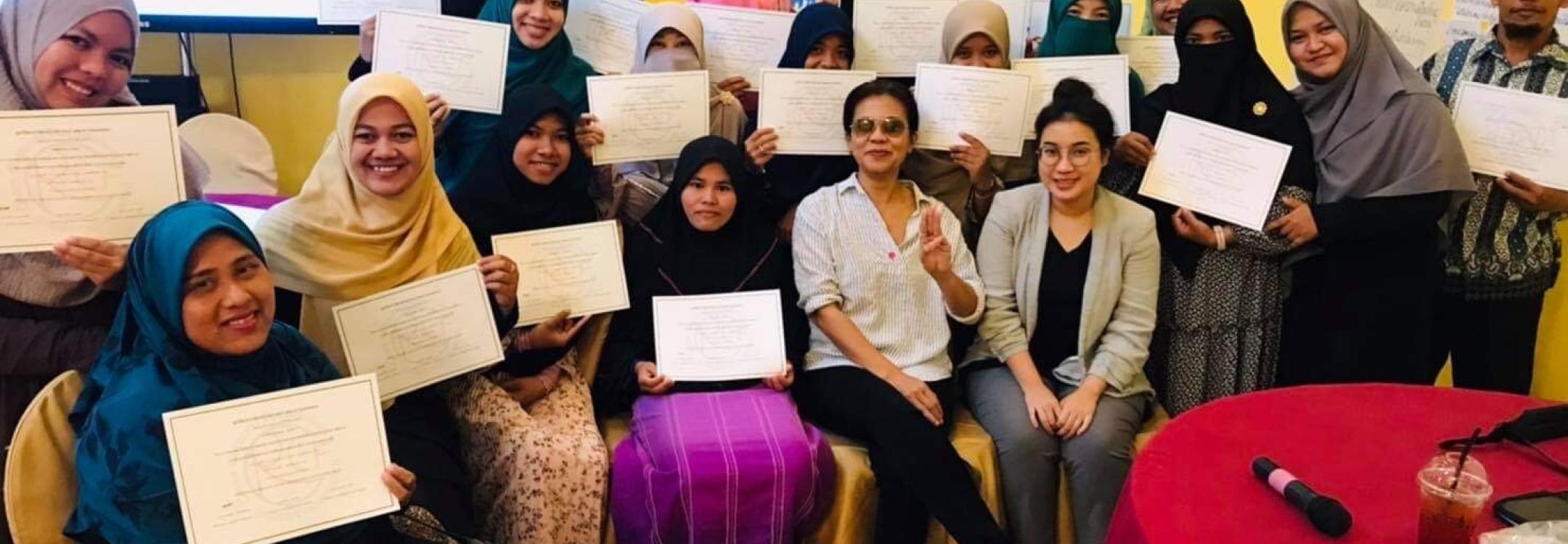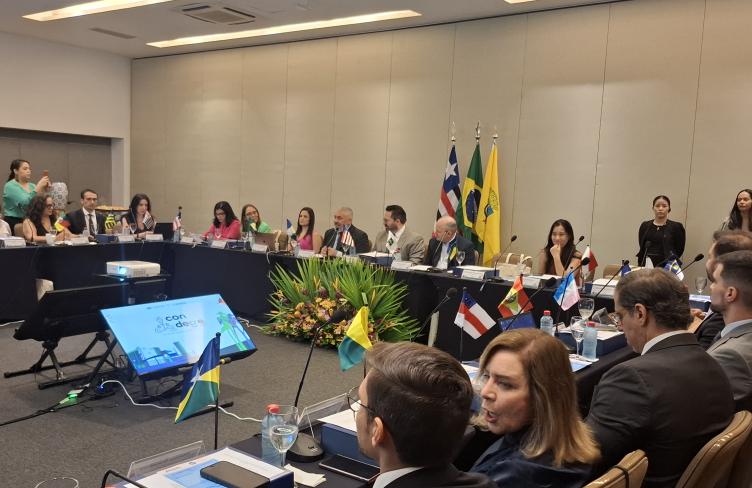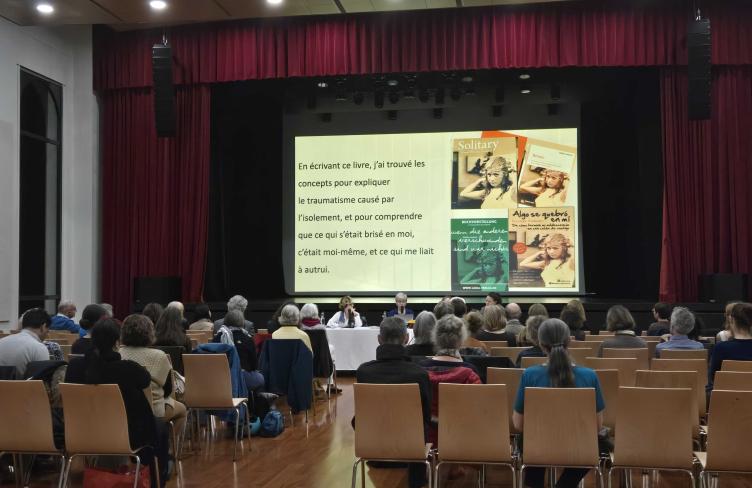
Patani, Thailand – A legal clinic for paralegals working in the Southern regions of Thailand was hosted this week by the APT and the Cross-Cultural Foundation (CrCF).
The clinic, which was attended by around twenty paralegals, sought to enhance their practical knowledge and understanding about how to provide more effective legal aid, and address the ongoing and acute legal dilemmas faced by the most disadvantaged in the society, particularly during the first hours of custody.
During the clinic, a panel of local, national, and international legal experts responded to questions and discussed specifics about the implementation of safeguards and criminal justice procedures, including under the existing Martial Law and Emergency Decree in Southern Thailand. The experts included Sanhawan Srisod from the International Commission of Jurists in Thailand, Ms. Nadthasiri Bergman from Thai Lawyers for Human Rights, Anchaana Heemina from the local Duay Jai Group, Christa Crawford from Payap University’s Centre for Human Rights, and Andra Nicolescu from the APT.
During the exchanges, participants stressed the need to employ effective and creative legal strategies in tackling human rights abuses and innovative approaches to documenting and monitoring law enforcement practices, whilst continuing to advocate for meaningful legal reform and adherence to human rights standards at the domestic level.
“We need to continue advocating for genuine legal reform in the criminal justice system and this includes prohibiting the use of forced confession and false evidence and criminalizing torture,” Ms.Srisod and Ms. Bergman both emphasized. “It is also essential to ensure that local paralegals are adequately equipped with the relevant knowledge and responsive skills that will enable them to employ innovative, and practical solutions to challenges on the ground,” they stressed.
“Engagement with national human rights institution and international human rights bodies, including during treaty body reviews and by means of individual complaint, are also important advocacy strategies,” Ms. Nicolescu stressed. “While we may not see the result of such actions immediately, such actions will help raise awareness and gradually shed light on pressing human rights issues in Thailand, leading to a stronger national and international pressure for change,” she explained.
Ms. Crawford congratulated the paralegals and local advocates for their strong commitment to the rule of law, and their extensive efforts to protect individuals’ rights, in a challenging environment.
The APT and CrCF look forward to continuing to work together to empower paralegals and other actors in the Deep South. In addition to producing paper summarizing the key takeaways from the legal clinic, they plan to explore the potential of devising a platform to assist paralegals in documenting and monitoring incidents of mistreatment and other human rights violations in their communities.


